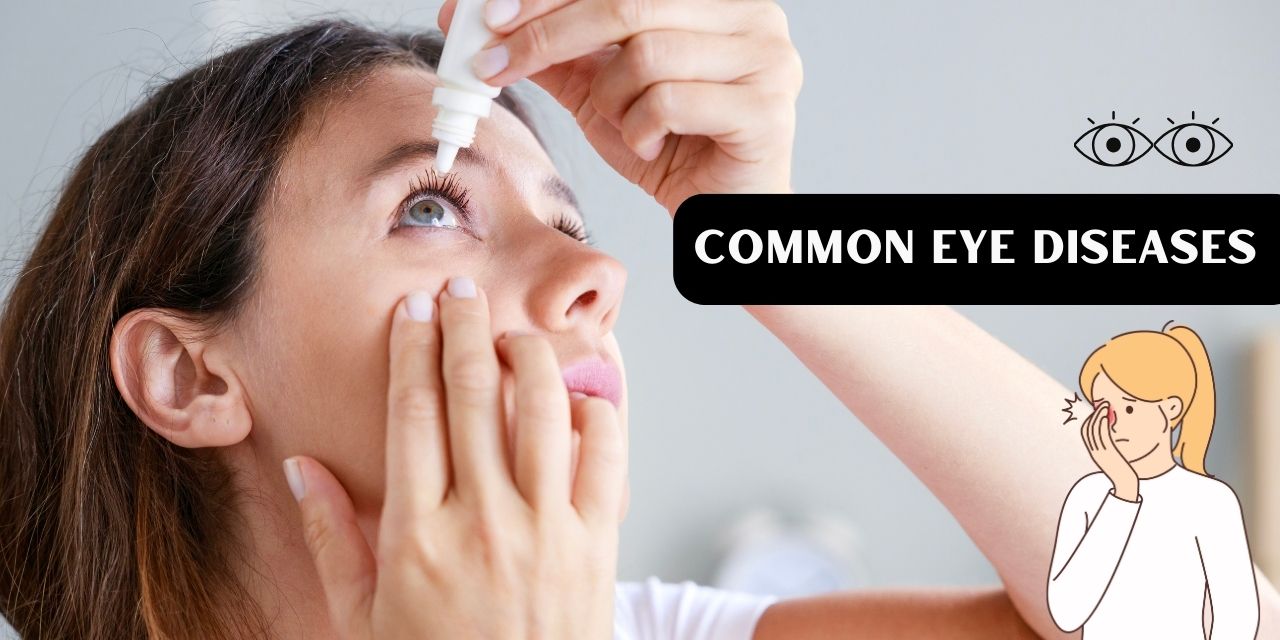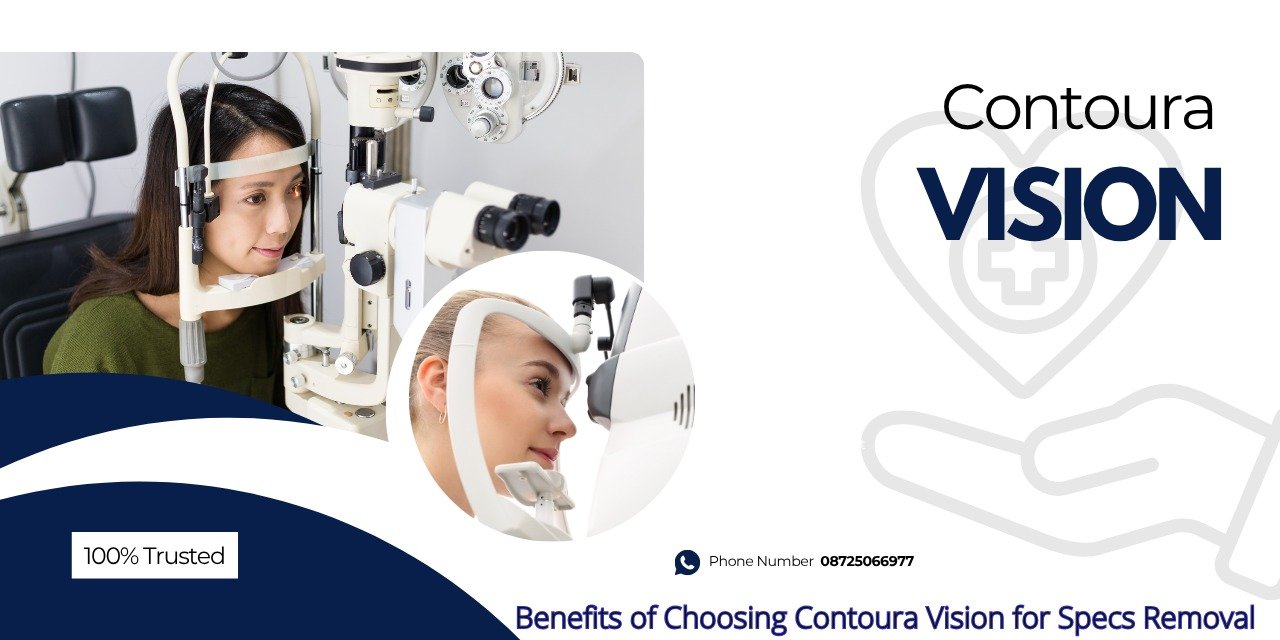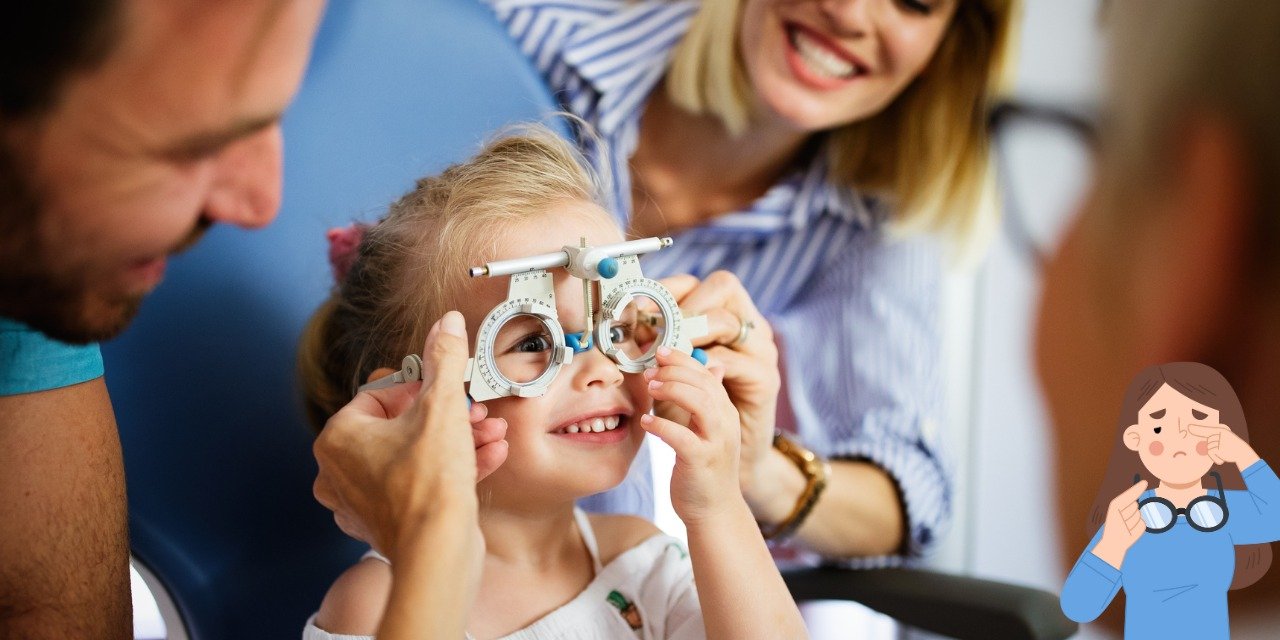Maintaining healthy vision is crucial for overall well-being, but many people face challenges due to common eye diseases and disorders. Understanding the symptoms, causes, and available treatments for these conditions can significantly improve outcomes and quality of life. In this article, we’ll explore three prevalent eye conditions: glaucoma, macular degeneration, and cataracts, and discuss their treatments.
Effective Management and Treatment Options for Common Eye Diseases
👉 Glaucoma
Symptoms
Glaucoma is often referred to as the “silent thief of sight” because it can develop gradually without noticeable symptoms. Early signs may include tunnel vision, eye pain, headache, and nausea. In advanced stages, vision loss becomes more apparent.
Causes
Glaucoma typically occurs due to increased intraocular pressure (IOP), which damages the optic nerve. The pressure builds up when the eye’s drainage system becomes blocked or malfunctioning. Genetic factors, age, and certain medical conditions can increase the risk of developing glaucoma.
Treatments
Treatment for glaucoma aims to lower intraocular pressure and prevent further damage. Common treatments include:
- Medications: Prescription eye drops or oral medications can help reduce eye pressure.
- Laser Therapy: Procedures like laser trabeculoplasty can improve drainage and lower pressure.
- Surgery: In severe cases, surgical options like trabeculectomy or drainage implants may be necessary to create a new drainage pathway.
👉 Macular Degeneration
Symptoms
Macular degeneration affects the central vision, making it difficult to see fine details. Symptoms may include blurred vision, dark or empty areas in the central vision, and difficulty recognizing faces. It often progresses slowly, but in some cases, can lead to rapid vision loss.
Causes
Macular degeneration is primarily an age-related condition (Age-Related Macular Degeneration or AMD). It results from damage to the macula, the part of the retina responsible for central vision. Genetic predisposition, smoking, and high blood pressure are known risk factors.
Treatments
Although there is no cure for macular degeneration, several treatments can help manage the condition:
- Anti-VEGF Injections: These medications reduce the growth of abnormal blood vessels in the retina and slow vision loss.
- Photodynamic Therapy: A light-sensitive drug is injected into the bloodstream, and a laser is used to activate it, targeting abnormal blood vessels.
- Nutritional Supplements: High doses of antioxidants and zinc may slow the progression of the disease.
👉 Cataracts
Symptoms
Cataracts cause the lens of the eye to become cloudy, leading to blurred vision, increased glare from lights, and difficulty seeing at night. Colors may also appear faded or yellowed.
Causes
Cataracts commonly develop with age as the lens becomes less flexible and more opaque. Other factors that can contribute to cataract formation include diabetes, prolonged use of corticosteroids, and excessive exposure to ultraviolet (UV) light.
Treatments
The primary treatment for cataracts is surgery. During cataract surgery, the cloudy lens is removed and replaced with an artificial intraocular lens (IOL). This procedure is typically performed on an outpatient basis and is highly effective in restoring clear vision.
Frequently Asked Questions
➱ How often should I get an eye exam to check for these conditions?
It’s recommended to have a comprehensive eye exam every one to two years, especially if you are over 40 or have a family history of eye diseases.
➱ Are there lifestyle changes that can help prevent these eye diseases?
Yes, maintaining a healthy lifestyle by eating a balanced diet rich in antioxidants, exercising regularly, and avoiding smoking can help reduce the risk of developing eye diseases.
➱ Can these eye conditions be managed without surgery?
Some eye conditions can be managed with medications and non-surgical treatments, but surgery may be required for more advanced stages or when other treatments are ineffective. Consult with your eye specialist for the best approach for your condition.
For further information and personalised care, contact JP Eye Hospital Mohali, the leading name in eye care in the region.
Conclusion
Understanding common eye diseases such as glaucoma, macular degeneration, and cataracts is essential for maintaining optimal eye health. Early diagnosis and appropriate treatment can significantly enhance quality of life and prevent serious vision loss. For comprehensive eye care, including diagnosis and treatment of these conditions, visit JP Eye Hospital Mohali. Recognized as the best eye hospital in Mohali, JP Eye Hospital offers state-of-the-art facilities and expert care to address all your eye health needs.To get more information please contact us on : 08048193820













